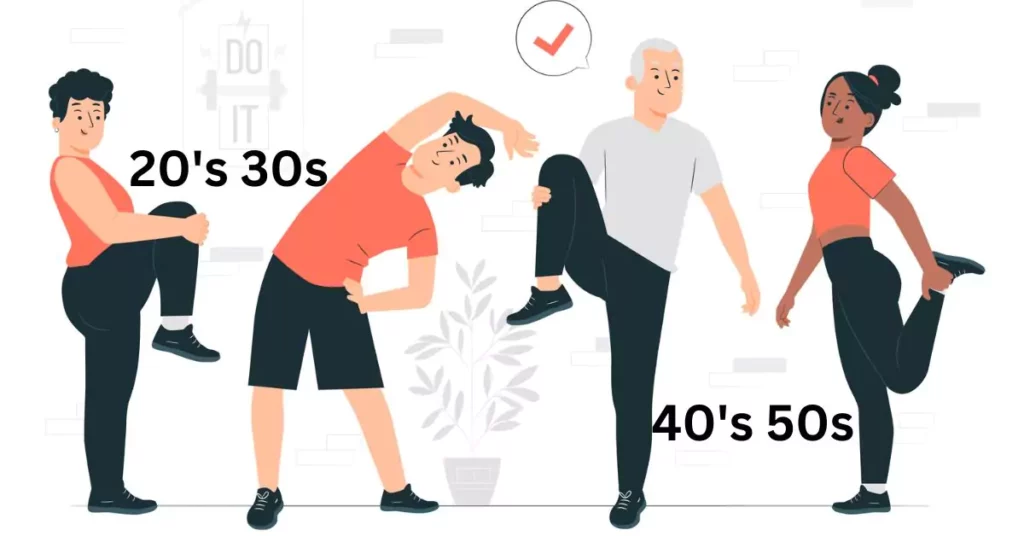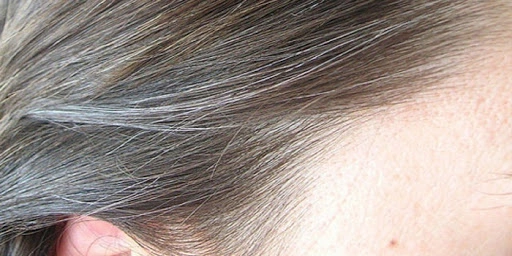
Ever wondered about the sneaky effects of hitting that snooze button on your health? Well, it’s time to spill the beans on what this seemingly innocent habit does to you.
In the olden days, alarm clocks like the one you’ve seen in classic movies ruled the wake-up scene. Nowadays, they’re like relics of the past, overshadowed by the almighty smartphone. But within that shiny device, there lurks a sly temptation – the snooze button.
Ah, the sweet allure of those extra minutes! The default setting usually grants you a cozy ten-minute cushion. Your alarm goes off, and you hit ‘snooze,’ granting yourself the illusion of a little more shut-eye. It’s delightful while it lasts, but guess what? It’s not your best friend when it comes to health, so perhaps it’s time to break up with this bad habit.
Snooze, you lose! This sneaky trick involves setting an alarm with a snooze option, often symbolized by that seductive snooze button. Press it (or give it a cheeky swipe), and your alarm’s wrath gets delayed by a neat five, ten, or fifteen minutes.
You slip back into a light slumber during these precious minutes, often referred to as “snoozing.” It’s a siren song many can’t resist, even those of us on the editorial team who have been late for work a time or two because of it. But, here’s the buzzkill: according to scientists, snoozing is no good for you at all.
Quality matters, even in sleep! Those mini-naps between the alarm chimes are so shallow that they don’t even count as quality sleep. Instead of feeling refreshed, you’ll actually wake up feeling groggy and even more tired. As sleep expert Alies Coster explains, “During those precious snooze minutes, your slumber is too fragmented to provide your body and brain with the deep restoration they need.”
So, here’s the scoop: Set your alarm for the time you really need to get up. This way, you can savor a more extended and deeper slumber. In the long run, this leaves you feeling more rejuvenated and alert. Plus, it lowers your risk of falling into the clutches of health gremlins like cancer and heart problems that thrive on poor-quality or insufficient sleep.
If you’re ready to ditch the snooze button, here’s a simple, step-by-step plan to help you kick the habit:
- Get enough Z’s: The amount of sleep you need varies from person to person, but on average, adults should aim for seven to nine hours of quality snooze time each night. Make it a point to hit the hay early enough to get that much-needed rest before your alarm buzzes.
- Stay in rhythm: Consistency is key for your overall well-being. Try to maintain a regular sleep schedule, even on weekends. This steady routine helps your body sync up with your desired wake-up time, and you’ll find it easier to rise and shine. If you’re a serial snoozer, consider going to bed a half-hour earlier to ensure you still get enough beauty sleep.
- Alarm clock exile: Trick yourself into getting up by placing your alarm clock or phone on the opposite side of your room. This way, you’re forced to physically get out of bed to turn it off. Once you’re on your feet, it’s easier to resist the temptation of snoozing.
- Brighten your wake-up: If you struggle with waking up in a dark room, consider investing in a wake-up light. It mimics a natural sunrise, gently rousing you from your slumber. Alternatively, try an app that challenges your brain with a puzzle before allowing you to silence the alarm, like the “I Can’t Wake Up” app.
- Breakfast bribery: Motivate yourself with a delectable breakfast waiting in the fridge. Pair it with a soothing cup of tea or coffee, and you’ll find an extra incentive to start your day with a smile.
- Morning mission: Schedule an early morning commitment, whether it’s work, exercise, or anything that keeps you from lazing around longer than necessary. Having a purpose in the morning can be a game-changer. Best of luck in your snooze-breaking journey!

























































































































